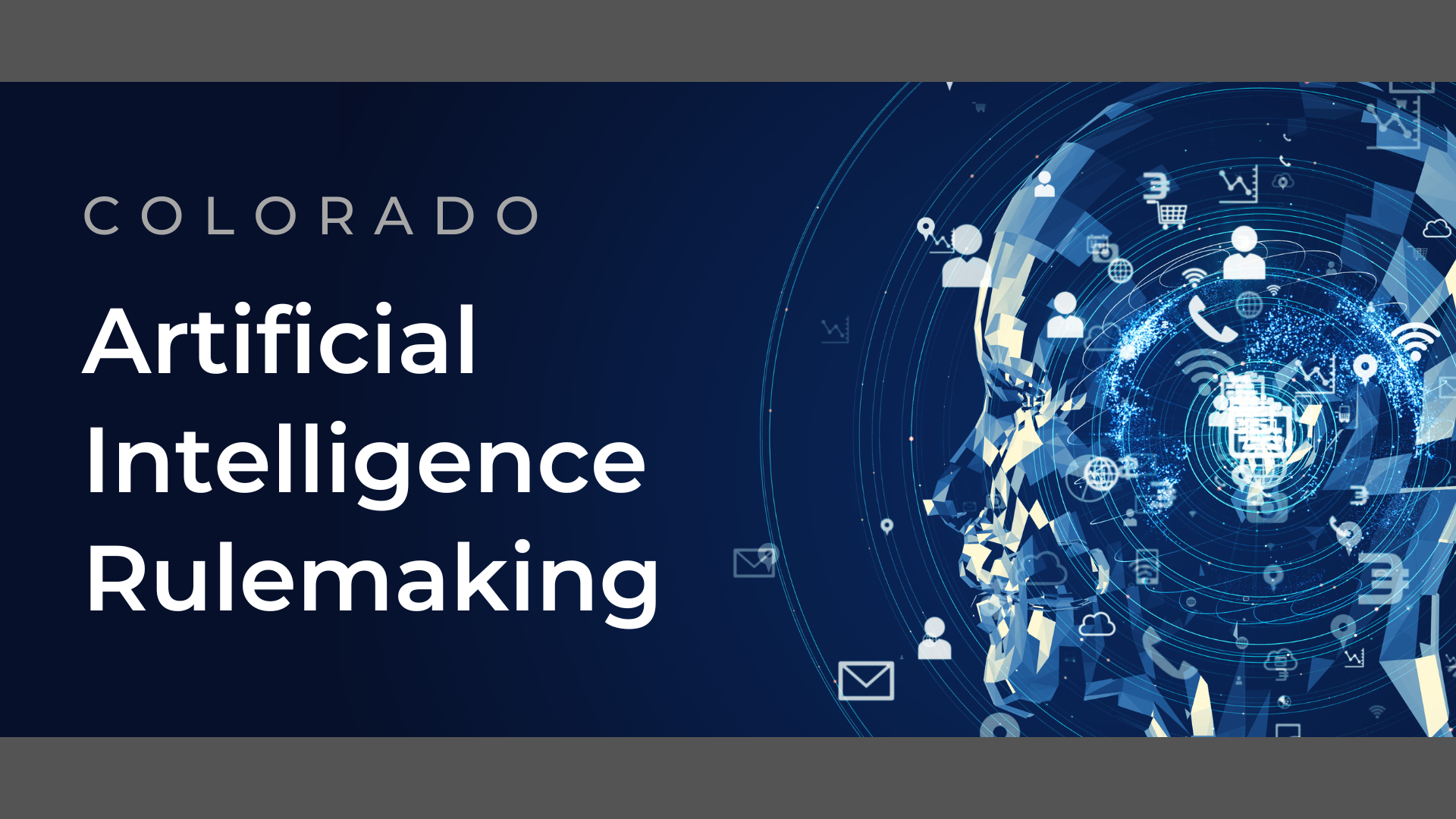On May 17, 2024, Senate Bill 24-205, also known as the Colorado Anti-Discrimination in AI Law, or ADAI, was signed into law. The ADAI protects consumers from algorithmic discrimination in consequential decisions made by high-risk artificial intelligence systems.
Specifically, the ADAI obligates developers and deployers of high-risk artificial intelligence to use reasonable care to avoid algorithmic discrimination in systems that, when deployed, make decisions that have significant effects in the following areas:
- Education enrollment or education opportunities;
- Employment or employment opportunities;
- Financial or lending services;
- Essential government services;
- Housing;
- Insurance; and
- Legal services.
When parties doing business in Colorado deploy or make available an AI system intended to interact with consumers, the ADAI also requires those parties to ensure the AI system discloses to each consumer that the consumer is interacting with an AI system.
The ADAI tasks the Colorado Attorney General with enforcing the law and grants them authority to create rules to implement and enforce the ADAI’s requirements. The ADAI is a part of the State of Colorado’s Consumer Protection Act, and its provisions go into effect February 1, 2026. A link to the ADAI can be found on the Colorado General Assembly’s website.
The Importance of Input
The Colorado Attorney General’s Office believes it will produce better rules if it receives strong, diverse input from interested people and organizations. Though formal notice-and-comment rulemaking has not begun, the Colorado Attorney General’s Office welcomed initial input from the community to better understand the public’s thoughts and concerns about the focus of future ADAI rulemaking.
The Department of Law’s window to receive initial input is now closed and the comments received are available to view. If you would like to receive updates related to the ADAI, including future opportunities to submit feedback on the ADAI, please sign up to get on the ADAI mailing list.
Note that all pre-ruling comments are considered public records under the Colorado Open Records Act. Any information sent as part of this pre-rulemaking information-gathering process may not be considered part of the rulemaking record. Individuals or entities that wish to provide information that will be considered part of the rulemaking record will be afforded opportunities to do so during the formal rulemaking phase, which will begin after a notice of rulemaking is filed.
Formal Rulemaking Input
Once the formal rulemaking process begins, the Colorado Attorney General’s Office will update this page with details about the proposed rules and additional opportunities for input. The rulemaking will be governed by the State Administrative Procedures Act. The Office plans to have a robust public outreach and input process that allows interested parties to provide feedback, perspective, opinion, and expertise.
Pre-rulemaking Considerations
Read the pre-rulemaking considerations.
Attorney General’s Remarks
Read Attorney General Phil Weiser’s prepared remarks from the Silicon Flatirons Conference on privacy at the state level.
